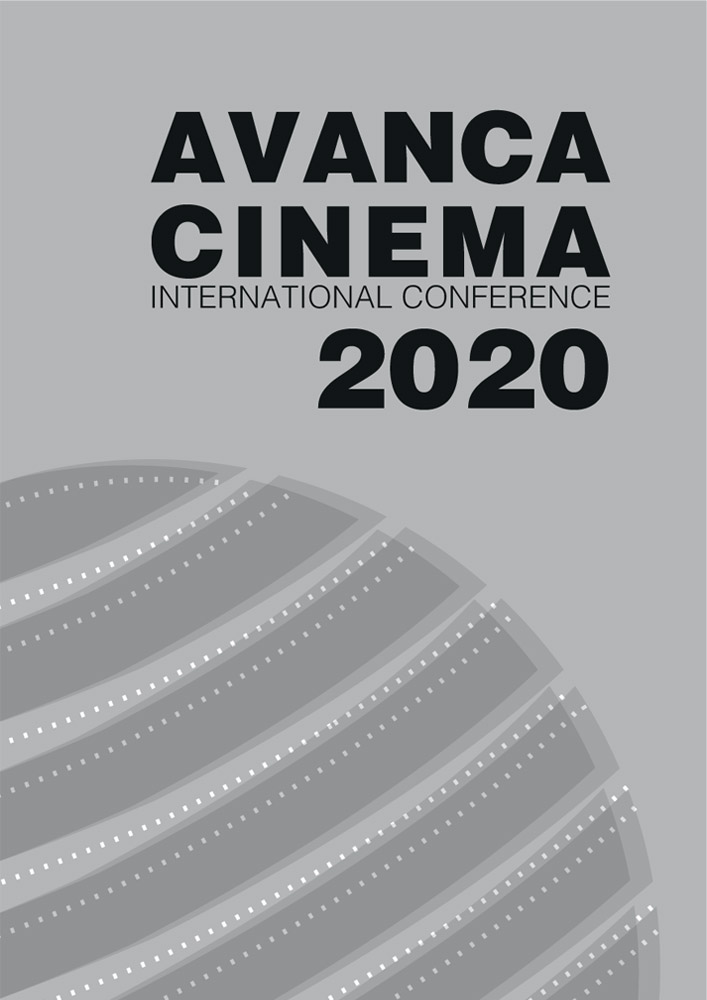Capítulo II _ Cine - Cine
Corta! A diáspora da imaginação cinematográfica e a heterogênese entre técnica, estética e política
Resumen
Rabiger and Hurbis-Cherrier published a chapter whose title is related to other discussions about cinema: Who can invoke the term ‘Cut!’? To deal with a question like that, it is essential to return to the foundations that contextualize filmmaking as a political act, and not only aesthetic or technical, wich is full of colonial relations of power. Considering the colonial forces that have tensioned, and still tension the environment of work and creation in cinema, the filmmaking process can be understood through a diasporic act of imagination, which goes through procedures of work, aesthetic proposals and political contexts in which the movie lies. In this sense, the Cinema Novo in Brazil, the Modern Cinema and African cinema, present themselves as references of an independent and decolonial filmmaking that shares an act of freedom: the heterogenesis that permeates technique, aesthetic and politics. As an example, we take the role of a griot author, realizing a comparison between filmmaking and a popular figure in the caste system of African society, taking notes about the film Impasse, by Issa Saga, a short filmmaker from Burkina Faso. The term author-griot proposes political engagement, not only through thematic treatment, but also in the subversion of production modes. Thus, broadening the scope of the question posed by Rabiger and Hurbis-Cherrier, about film directing and the power of interruption delegated to the role of the director, we seek to redirect the debate, shedding light less on movie directing but more on the direction of the cinema.

Esta obra está bajo una licencia internacional Creative Commons Atribución 4.0.

